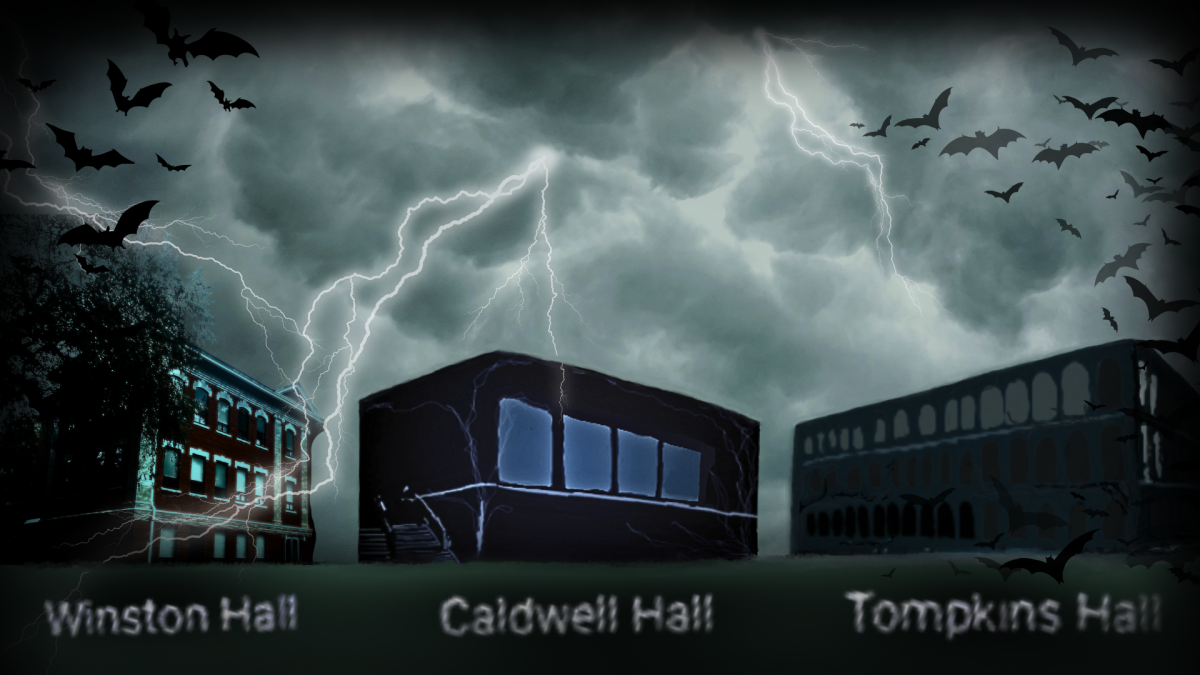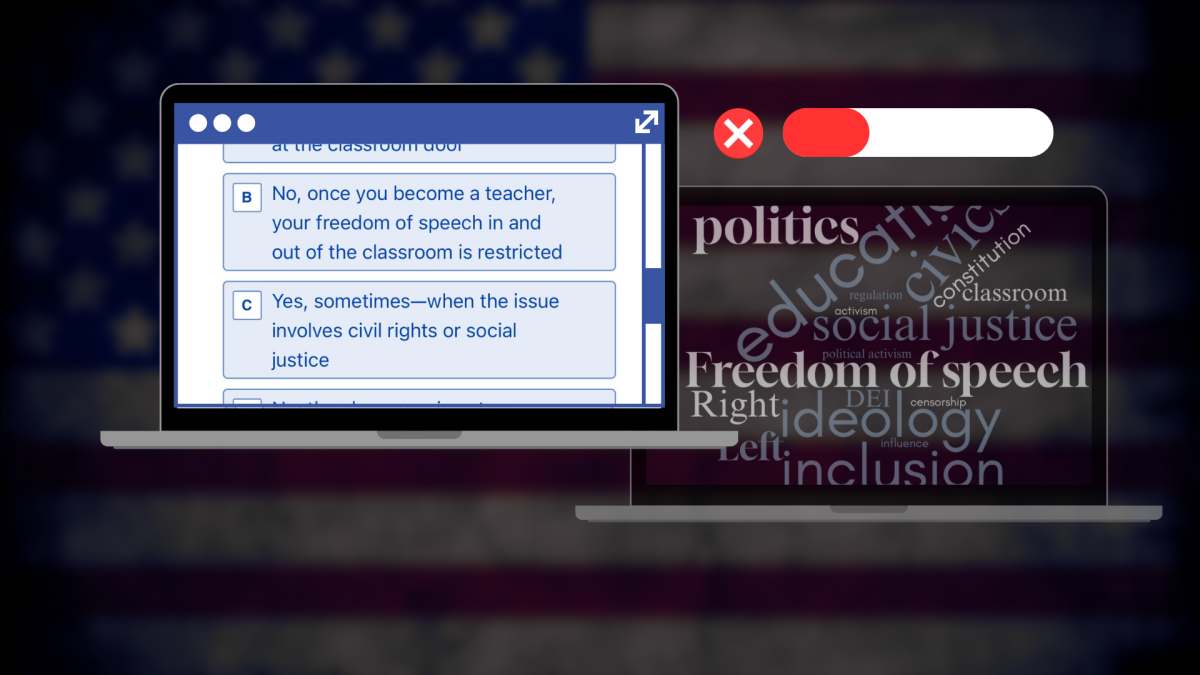Religious concerns are frequently conversed but never argued over or refuted. Since no one has the answers to the questions that commonly agitate our psyche, no one should feel entitled to proclaim their faith to be exclusively righteous.
Presently there are none among us whom know with great certainty whether there is a God or gods in heaven, none whom know what happens to us when we die, and none whom know for what purpose we exist. Those who are said to have known — figures like Jesus, Muhammad, and Gautama Buddha — have long since passed from this Earth.
If no holy symbols remain to inform us of the answers of which we do not have a capacity to discern, then we should not be faulted for exhausting a bit of skepticism. We should not be penalized for delaying our submission to a God, which is only available through scriptures written by men- who composed, altered, and revised the holy texts central to our understanding of the divine.
That is why the combative temperament of zealots is so baffling. No modern man or woman is qualified to speak for God. Those individuals who feel they must engage, convert, or conquer non-adherents are beyond misguided. For such zealots, uncertainty becomes fear, fear becomes hatred, and hatred ultimately becomes intolerance.
For many, uncertainty leads to curiosity and a desire to uncover truth. In nearly all regards, curiosity is a great thing. For those who can channel it, obsessive curiosity can cure laziness and encourage progress. From a scientific aspect, it leads us to make concrete discoveries and discern causality.
Religion, on the other hand, is an exception. Believing that the answers are right there in “the book” as if it was Algebra 1, people forget to wonder, and presume to know what they should not. Moreover they presume to know the material without ever opening the text. CBN News states that 80% of Christians have not even read the entire Bible, which puts them in an awkward position when attempting to understand it and preach it to others.
Naturally uncomfortable with not knowing, many of us allow faith to mutate into fact. Then surrounding ourselves with people like us, we forget that we cannot know with any degree of certainty whether our faith is right or true. What’s more, many of us in exemplary displays of barbarism become fearful of and intolerant towards other faiths without even the slightest idea of what principles constitute the praxis – theirs or ours.
It may be terrifying to live without knowing why we are here or what happens when we die, but it is an avoidable danger to live in a world where people go to war in the name of God. We mustn’t forget our uncertainty for it unifies us in this life.
By being diligent in our pursuit of divine knowledge, and remembering that harmonious co-existence is the common goal of most popular religions we might be able to counteract the unholy factions that have persisted throughout recorded history as a result of misunderstanding. Faith is not the same as knowing. Until we open our minds and recognize this fact we are doomed to continue living in a world where the primary source of hostility is disagreement about something unknowable.



